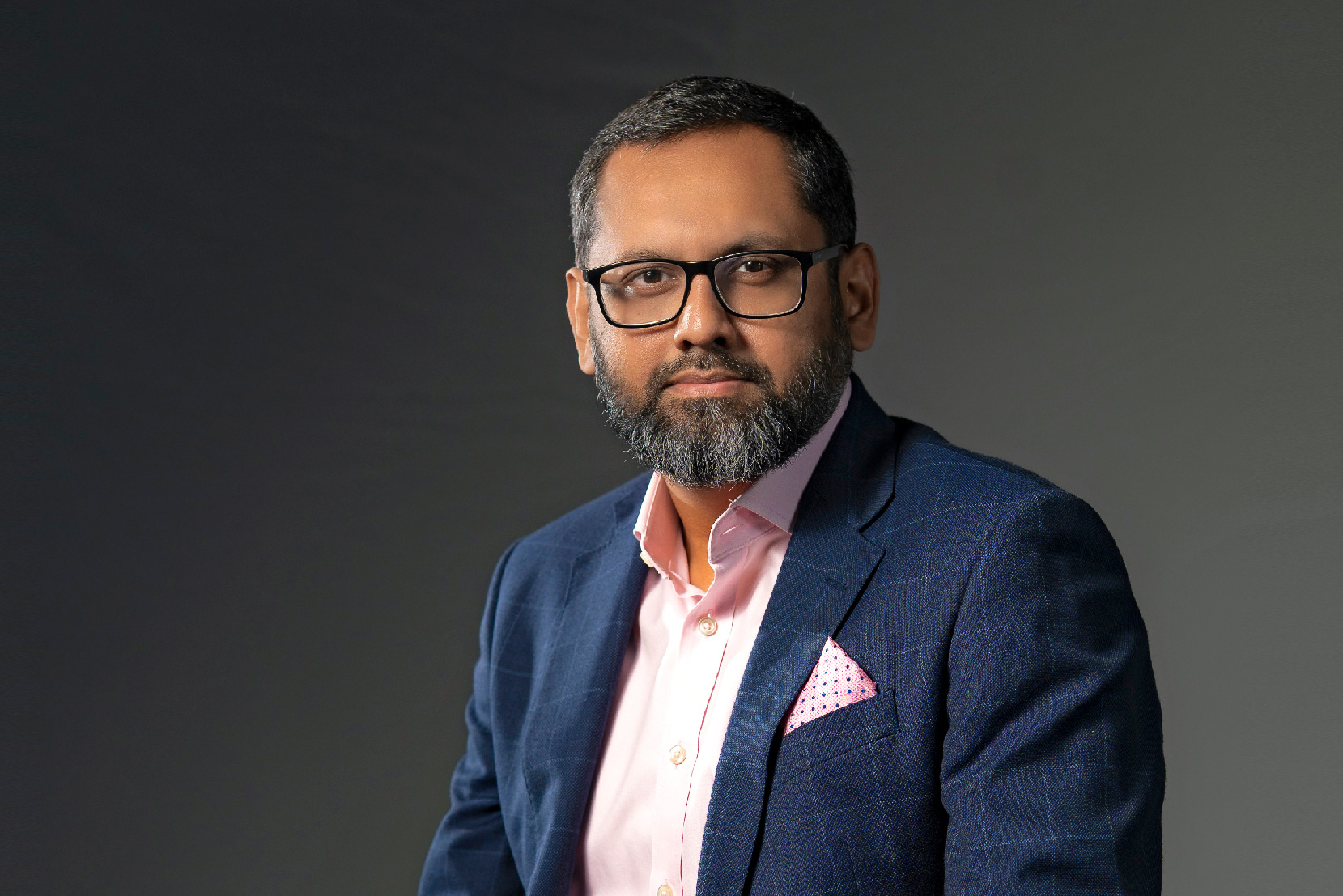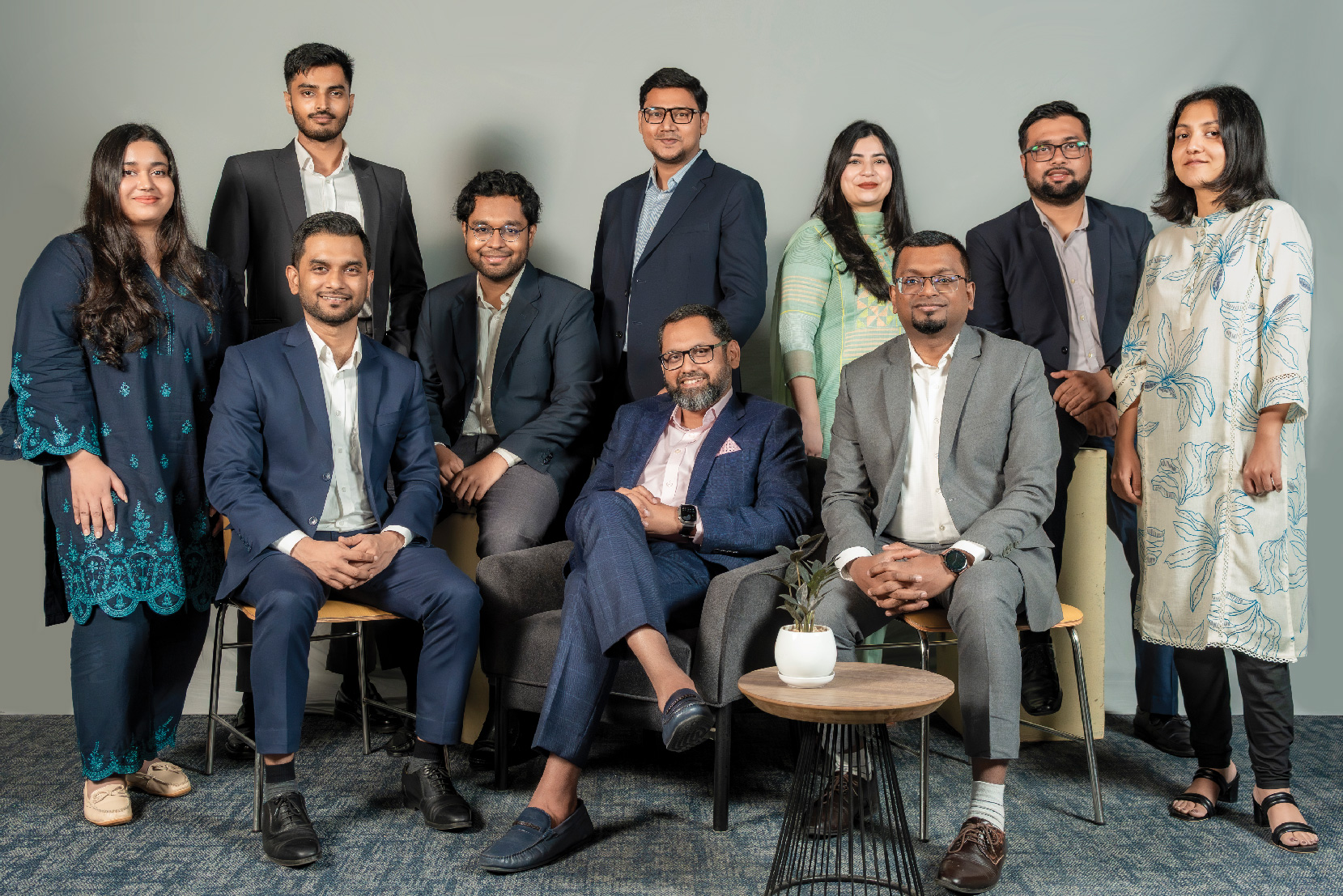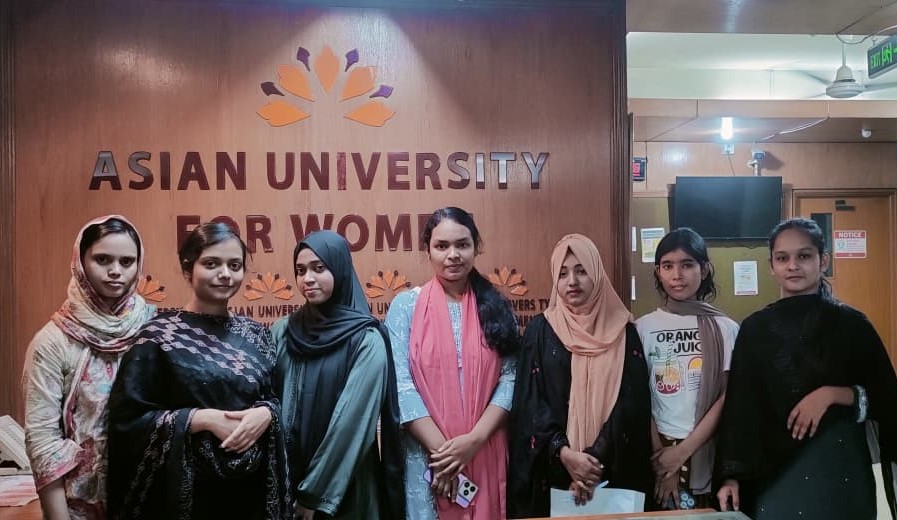The World Bank released the Bangladesh Development Update on 2nd October 2018. The event was held in the World Bank office in Agargaon and was presented by Dr. Zahid Hussain, World Bank Lead Economist, with an introductory speech from Dr. Qimiao Fan, World Bank Country Director for Bangladesh, Bhutan, and Nepal. Dr. Ahsan Mansur of PRI, Bangladesh and Hossain Zillur Rahman also provided comments on the report.
The key message of the event centered around the much-debated topic of Bangladesh efforts of moving into the middle-income country status. Dr. Hussain reported that in order to fulfill this dream the country needs refueling (reforms) and sharper shock absorbers (stabilizers). Moreover, the report has been broken the policy challenges into the three-time frame: short-term, medium-term and long-term.
The Bangladeshi economy has been experiencing domestic demand-driven growth in recent years, hugely accelerated by the manufacturing and constructing growth. But the macroeconomic stability is being challenged by increasing non-food inflation, external financing shortfall, tightening liquidity and increased fiscal deficit. The report predicts that private investment has been robust in recent years and export and remittance will continue to support the growth rate of Bangladesh.
But stressors include the widening current account deficit slowdown of the major export markets, weak effort to improve economic governance, high non-performing loans in state-controlled banks and the burgeoning Rohingya situation. Thus a policy and institutional reform are imperative to protect Bangladesh from these risks.
Short-term policy challenges have been identified as controlling the non-food inflation, implementing tax policy reforms and modernizing the tax administration and finally improving the quality of public spending.
Medium-term policy challenges were diversifying the countries export, boosting private investment, generating greater electric power supply and more efficient pricing and usage of gas. While all the factors contributed to the growth levels in Bangladesh, special emphasis was placed on the energy needs. WB has called for smarter pricing of electricity, improving the load management and boosting the gas generation efficiency.
Long-term policy challenges were listed as avoiding the middle-income traps addressing the long-term priorities. The middle-income country trap is when a country clings too long to past successful policies or exit premature the policies that could have served as the basis to further development. Some of the suggestions put forward by WB include promoting structural transformation, entrepreneurship, and innovation. While the long-term priority recommendations include building the existing human capital through investment in education, health, and nutrition, creating better jobs to support these skilled workforces, addressing the congestion and messiness of the major cities and lastly environmental and preservation and climate change adaptation.
The report also forecast that that output growth in the fiscal year of 2019 to be at 7% and driven by the industry and services on the supply side and private consumption and investment on the demand side.
















